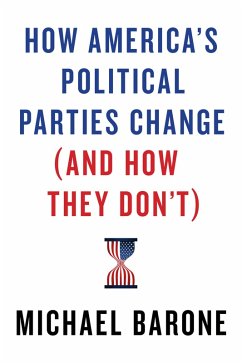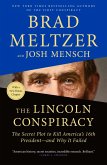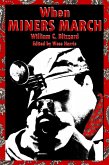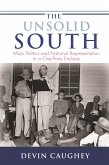The election of 2016 prompted journalists and political scientists to write obituaries for the Republican Party-or prophecies of a new dominance. But it was all rather familiar. Whenever one of our two great parties has a setback, we've heard: "This is the end of the Democratic Party," or, "The Republican Party is going out of existence." Yet both survive, and thrive.
We have the oldest and third oldest political parties in the world-the Democratic Party founded in 1832 to reelect Andrew Jackson, the Republican Party founded in 1854 to oppose slavery in the territories. They are older than almost every American business, most American colleges, and many American churches. Both have seemed to face extinction in the past, and have rebounded to be competitive again. How have they managed it?
Michael Barone, longtime co-author of The Almanac of American Politics, brings a deep understanding of our electoral history to the question and finds a compelling answer. He illuminates how both parties have adapted, swiftly or haltingly, to shifting opinion and emerging issues, to economic change and cultural currents, to demographic flux. At the same time, each has maintained a constant character. The Republican Party appeals to "typical Americans" as understood at a given time, and the Democratic Party represents a coalition of "out-groups." They are the yin and yang of American political life, together providing vehicles for expressing most citizens' views in a nation that has always been culturally, religiously, economically, and ethnically diverse.
The election that put Donald Trump in the White House may have appeared to signal a dramatic realignment, but in fact it involved less change in political allegiances than many before, and it does not portend doom for either party. How America's Political Parties Change (and How They Don't) astutely explains why these two oft-scorned institutions have been so resilient.
We have the oldest and third oldest political parties in the world-the Democratic Party founded in 1832 to reelect Andrew Jackson, the Republican Party founded in 1854 to oppose slavery in the territories. They are older than almost every American business, most American colleges, and many American churches. Both have seemed to face extinction in the past, and have rebounded to be competitive again. How have they managed it?
Michael Barone, longtime co-author of The Almanac of American Politics, brings a deep understanding of our electoral history to the question and finds a compelling answer. He illuminates how both parties have adapted, swiftly or haltingly, to shifting opinion and emerging issues, to economic change and cultural currents, to demographic flux. At the same time, each has maintained a constant character. The Republican Party appeals to "typical Americans" as understood at a given time, and the Democratic Party represents a coalition of "out-groups." They are the yin and yang of American political life, together providing vehicles for expressing most citizens' views in a nation that has always been culturally, religiously, economically, and ethnically diverse.
The election that put Donald Trump in the White House may have appeared to signal a dramatic realignment, but in fact it involved less change in political allegiances than many before, and it does not portend doom for either party. How America's Political Parties Change (and How They Don't) astutely explains why these two oft-scorned institutions have been so resilient.
Dieser Download kann aus rechtlichen Gründen nur mit Rechnungsadresse in A, D ausgeliefert werden.









